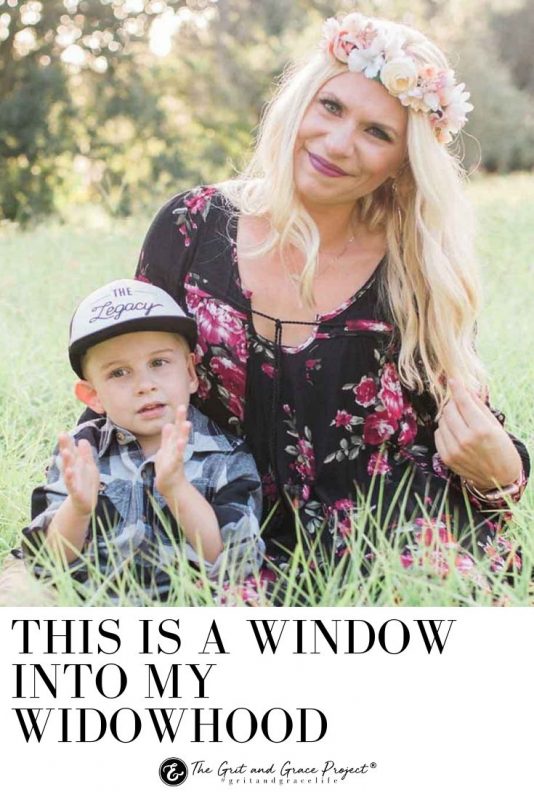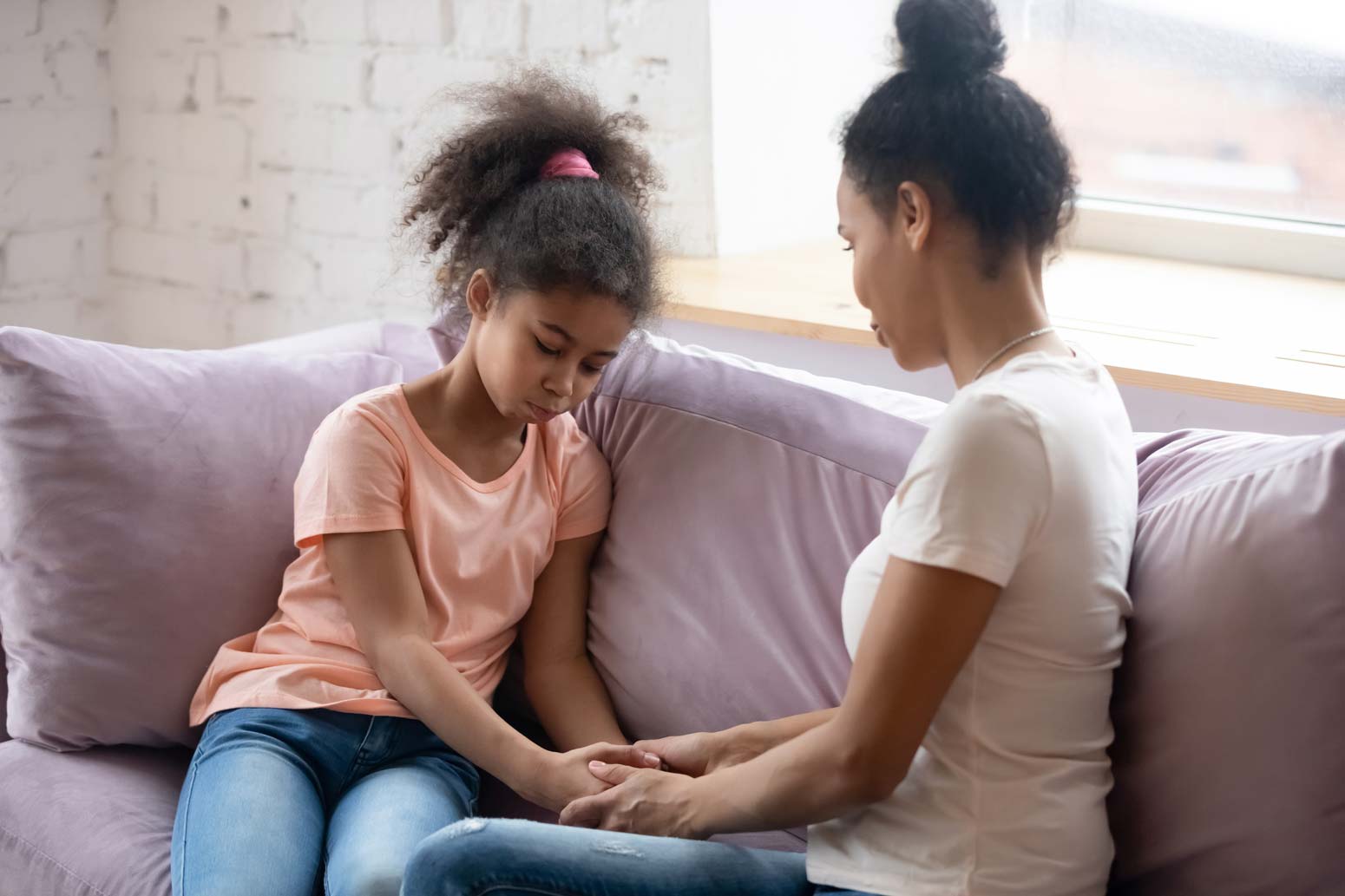One of my young friends, Charity, lost her husband and 3-year-old son in a tragic way. Two weeks into widowhood and deep grief, a family member said to her in exasperation, “When are you going to get over this?”
When a fellow nursing student learned of Charity’s indescribable loss, it made her feel physically ill. “When something that big happens to someone you care about,” she said, “people don’t know how to handle it. So they run away because it’s very painful to be around the person. I let Charity know I was available. And I wasn’t afraid to hear her trauma.”
It’s important to acknowledge the losses and sorrows of our friends and family and neighbors, and to walk toward them instead of away from them. And yet, most of us don’t know what to say. Until I experienced my own season of widowhood, I tended to shy away from people in grief—embarrassed about not knowing what to say—when maybe all they wanted was for me to recognize their pain and loss.
With that in mind, here are a few things you probably shouldn’t say to a new widow:
1. “I know what you’re going through” (and then start talking about your own bereavement).
No two losses can ever be compared because people are so beautifully unique, and because extenuating circumstances are so diverse. Even if you’ve had a spouse die, you can never know exactly what another widow is experiencing.
Instead, say, “I can’t imagine how you must feel,” and then listen long and well as you invite her to respond.

Avoid spiritual platitudes and clichés, like, “What doesn’t kill you makes you stronger.” Instead, ask about the loss: “What was it like?” Acknowledge the achievement of a long union: “You guys had an amazing marriage, but I would imagine it wasn’t long enough. How’s your heart?”
3. “Be grateful for the years you had together.”
Of course the new widow is grateful for the years she had with her husband. But at this moment, she’s not feeling grateful. Because her life partner just died. Don’t comment on what you think might be a positive aspect about the passing of a loved one because there are no positives as far as the newly bereaved are concerned.
Instead, try something like this: “I know it was a terminal diagnosis and maybe you were expecting this, but it must still feel so raw and painful.”
4. “You look really tired. You need to take better care of yourself.”
Yes, the new widow is exhausted in every imaginable way—physically, mentally, and emotionally. I remember all the details that needed tending to as a new widow, and yes it was exhausting and overwhelming. But you don’t need to point out the obvious.
Instead, offer to provide a bit of care: “I can’t imagine how exhausting this must be. Can I come over and cook a large pot of soup, and then package up a supply of it for your freezer?”
5. “Shouldn’t you be past this by now?”
There’s no template for how or how long to grieve. The bereaved are free to mourn in any way they choose, and for however long it takes to get back into life.
Instead, offer the griever understanding and time to process their loss.
6. “You’ll want to clear out your husband’s things as soon as possible.”
Avoid giving advice, like, “You should get a dog … join a grief group … take up yoga”—even if it was beneficial to you in the past.
Instead of giving advice, simply listen. Listen, and ask questions that invite them to talk. And then listen some more.
Have you noticed a common thread throughout? Being a good listener helps create a powerful connection. It shows that you value the thoughts and feelings of the other person.
“The most loving thing you can do is listen to them without judgment, comparison, or trying to fix them.” – GriefRecoveryMethod.com
Sometimes, You Just Need to Listen
Keep in mind, though, that some people aren’t comfortable talking about personal matters. If you get a feeling that your friend or co-worker isn’t ready to voice her sorrow, then respect that.
Instead, say, “I’m here to listen when you feel like talking.” And then check in on her from time to time.
In her book, Bittersweet, Shauna Niequist wrote about a loss, about feeling hurt and tender, and remembering exactly who walked the other direction when they saw her and who walked toward her.
Niequist understood that people often don’t know what to say in the face of sorrow. Or they say the wrong thing. But Niequist asserts: “If you don’t know what to say, try this: ‘I heard what happened, and I don’t know what to say.’”
This will take grit and grace, but instead of walking away, turn toward your people. Say something compassionate. And listen.
—
For more on supporting a friend during their grief, here’s some insight from a writer who lost her mom:











